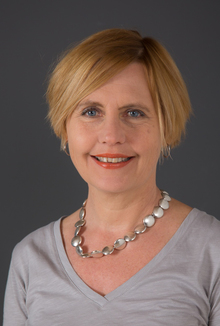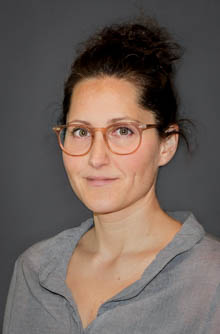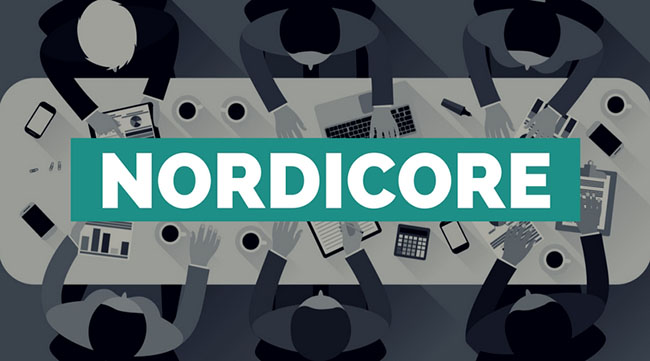NORDICORE, our Nordic Centre of Excellence, are on a mission to understand the mechanisms producing, maintaining and changing gender inequalities in academia and beyond. The six different projects that constitute NORDICORE are all in their initial phase of data collection and planning of the empirical research.
Collaboration and research mobility
– So far we've had two project workshops with discussions on central issues about the gender equality paradox in academia, and how to proceed in the different work packages, says Mari Teigen.

One of NORDICORE's priorities is also collaboration and contact with other research milieus working on related issues.
– At our workshop in September, we were happy to invite NORDICORE’s affiliated researcher, Mathias Wullum Nielsen (Aarhus University), who gave an inspiring lecture on Gender in academic recruitment and selection. We've also invited Liv Langfeldt, (Director of R-Quest: Center for research quality and policy impact at NIFU), who also gave an interesting presentation of the work carried out by the research team working on similar issues as NORDICORE.
Liza Reisel, deputy leader of NORDICORE, says that she is excited that NORDICORE is already well under way with its commitment to researcher mobility in and outside the Nordic countries.

– In the spring, we had an extended research visit from one of NORDICORE’s Swedish researchers. This fall we have one researcher at the Weatherhead Centre for International Affairs at Harvard University, and one researcher at the Centre for Research on Gender in the Professions at UC San Diego, says Liza Reisel.
Looking forward to address gender inequality issues
The work packages address the question of gender inequalities in academia from different perspectives and with different methods.
– Personally, I am looking forward getting a better understanding of what challenges in academia are of a more general nature, and which are more specific for academic careers, says Liza Reisel.
– We are also looking forward to continue to engage in debates with researchers and stakeholders in the field about the possibilities and limitations for making changes in gender inequalities in academia and beyond, says Mari Teigen.
Starting data collections

In the coming year, most of NORDICORE's work packages will start data collection. One of the project leaders, Guðbjörg Linda Rafnsdottir, Prorector of science at the University of Iceland, states that 2018 is going to be an interesting year for the work package studying gender differences in research careers in Iceland, Norway and Sweden:
– In Iceland, we'll start up with the qualitative interviews very soon and the Norwegian and Swedish interviews will follow. At the moment we're also discussing which register data that is comparable, and which is not across Norway, Sweden and Iceland. We're planning on starting our quantitative analysis towards the end of 2018, says Rafnsdottir.
- Read more about NORDICORE or have a look at researchers affiliated to NORDICORE.


